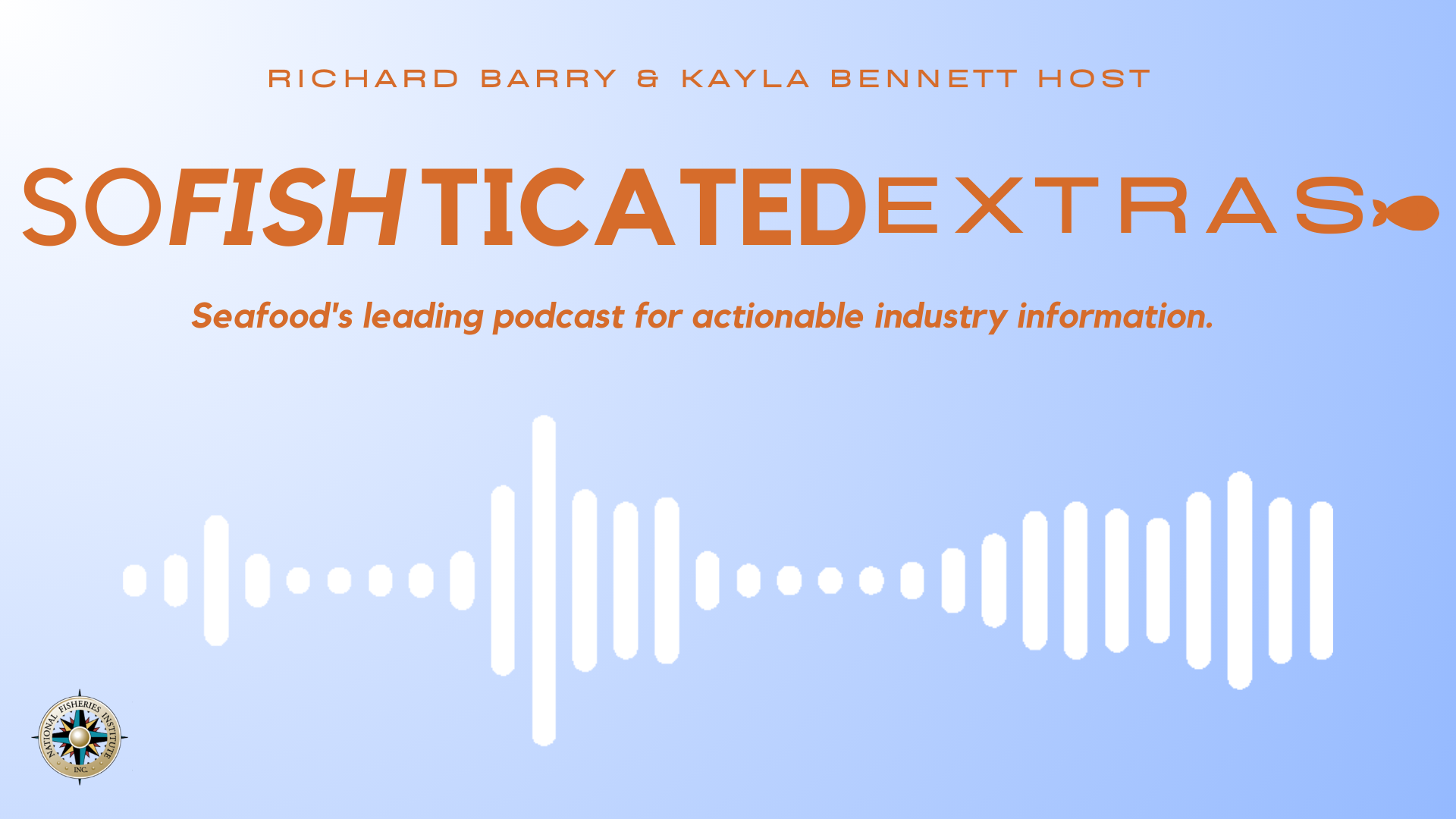Consumer Reports Repeats Its Same Old Canned Tuna Scare Story
This Holiday season it would appear Consumer Reports is re-gifting. Remember back in 2006 it did a story about mercury in canned tuna? Well, its latest scare story on canned tuna is simply a retread of that report and, not surprisingly, once again does a disservice to its readers by using tried and true tactics to exaggerate concern.
Consumer Reports begins the article by announcing its findings that from the new tests it performed it can announce that white tuna usually contains more mercury than light tuna. That is not news. Thats publically available information that has been known since mercury in fish was first studied. Rather than taking 42 cans to a lab, Consumer Reports could have used Google to find that out. What Consumer Reports should have led with is the fact that none of the canned tuna it tested exceeded the Food and Drug Administrations (FDA) allowable limit for mercury. In fact its own study found average mercury levels in light tuna that were lower than the average found by the FDA.
Throughout the article, Consumer Reports talks about FDA limits but applies an EPA consumption metric in order to suggest consumers should eat less canned tuna. It is an old trick that exposes Consumer Reports willingness to use rhetorical sleight of hand in order to get the predetermined results it wants.
The EPAs Reference Dose (RfD) for mercury, which Consumer Reports uses in its calculations, is defined as the level of daily exposure over the course of a lifetime that is not likely to cause harmful health effects. Consumer Reports suggest its a limit that if exceeded during a single week will result in harmthis is false and misleading.
The real bottom line is that Consumer Reports and its recommendations about canned tuna consumption are out of step with mainstream science and nutrition advice. Without citation, it cherry picks limited parts of old studies it order to create the appearance of concern. By suggesting limited consumption of a food numerous, prestigious science-based organizations are calling on people to eat more of, Consumer Reports marks itself as a truly non-credible source for nutrition advice.
Consumer Reports suggestion that pregnant women limit the amount of fish they eat, outside of the FDAs four fish to avoid, is reckless and has the potential to harm public health. Peer-reviewed science shows that pregnant women who limit or avoid seafood may actually be introducing risks from omega-3 deficiency. Advising pregnant women to cut canned tuna out of their diet and for others to limit their consumption based merely on a magazines editorial opinion is irresponsible.
Oh and heres a little gem thats worth noting. Despite all the hand wringing about tuna at Consumer Reports they served it at their Holiday Party this year.



